AWS vs MS Azure vs Google Cloud: Overview, Pros and Cons
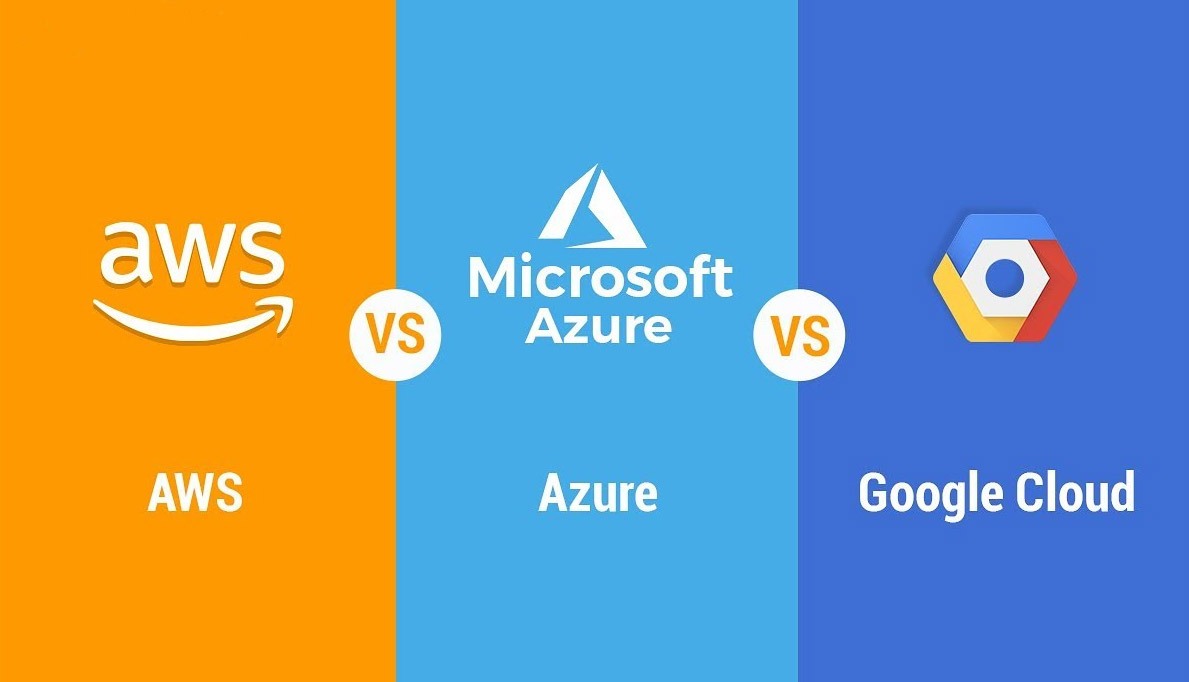
The competition for leadership in cloud computing is a fierce three-way race: AWS vs MS Azure vs Google Cloud. These are the top leading companies in the platform as a service (PaaS) and infrastructure as a service (IaaS).
Cloud Computing is transforming the way businesses work and introducing us to a new technology era. Amazon Web Services, Microsoft Azure, and Google Cloud Platform are the leading cloud service providers that influence the worldwide cloud market.
Moreover, these 3 big cloud providers possess the expertise and experience to provide a feature-rich and reliable cloud platform. But before committing to a particular cloud platform, you should compare the 3 platforms to fully understand the differences and capabilities of them and choose according to your requirements.
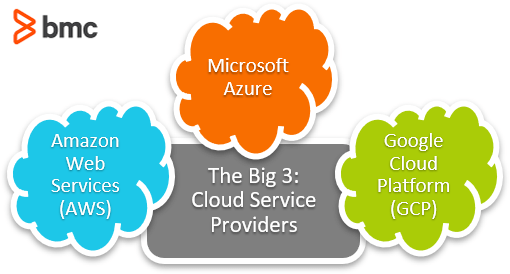
AWS is leading a cloud service provider that has unmatched capabilities. Microsoft is strong in SaaS while Google Cloud has strength in Artificial Intelligence.
AWS vs MS Azure vs Google Cloud: Overview
Amazon was founded in 2006 and it was one of the pioneers in the processing, compilation, and aggregation of big data. Currently, AWS provides PaaS, IaaS, and SaaS platforms as its core services. MS Azure became generally available in 2010. Today MS Azure is providing a large number of programming languages, tools, and frameworks that are running in Linux and Microsoft environments. Meanwhile, Google Cloud is the youngest of all and offers Analytics, Serverless, IaaS, PaaS, and IoT services.
, in 2021, AWS, MS Azure, and Google Cloud get combined and accounted for 58% of total cloud spending, with AWS being the biggest contributor that most recently ramped up its share up to 32%. And at the same time, MS Azure boasts 19% while Google Cloud contributed up to 7% of the cloud solution market.
We have outlined the cloud solutions in broad strokes, now let’s dive into more the essential details of all three cloud services. You have to keep in mind both the pricing models and tech capabilities of all 3 cloud solutions to make the right choice. Below are the key characteristics of AWS, MS Azure, and Google Cloud, you should take a look to choose the best one for you.
Here is the summary of cloud comparison between AWS vs MS Azure vs Google.
AWS vs MS Azure vs Google Cloud
Amazon Web Services (AWS)
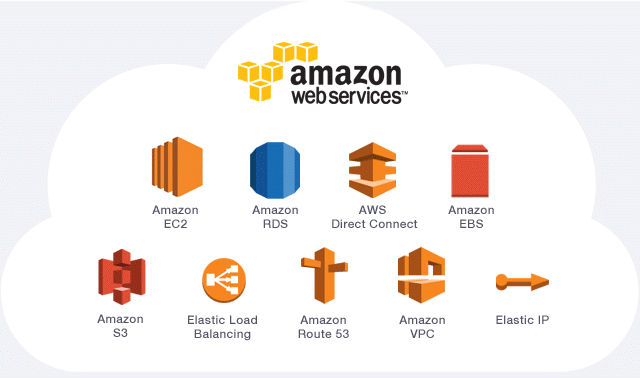
AWS is the current market leader of cloud computing platforms and a subsidiary of Amazon.com, Inc. Amazon Web Services is the most prominent cloud platform that offers a broad range of cloud services practically to everyone including individual developers, large enterprises, and even governments.
Initially, Amazon Web Services was started as an internal cloud offering and in 2006 it had evolved into a publicly available cloud platform such as elastic compute cloud (EC2) and Amazon S3 cloud storage. Now Amazon Web Services is providing more than 200 fully-featured services to serve any demand and cater to millions of users.
Prominent AWS customers include:
- Expedia
- Netflix
- Intuit
- Coinbase
- Formula 1
- Coca Cola
- Airbnb
- Lyft
- Food and Drug Administration (FDA)
- Coursera
Microsoft Azure
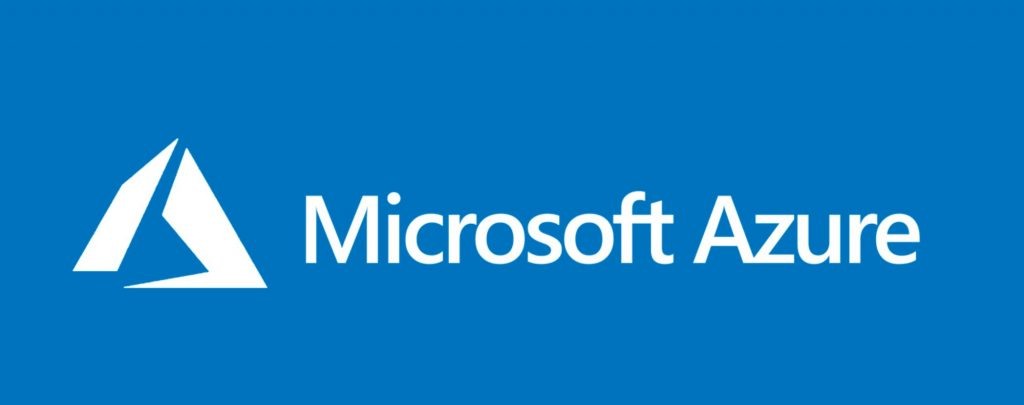
Microsft Azure is the second-largest cloud service provider after Amazon Web Services. Discovered in 2010, Microsoft Azure evolved into a cloud platform and now offers 200 products and services. Moreover, Microsoft Azure is a rapidly growing cloud platform.
Moreover, Microsoft offers Azure and provides a broad array of tailored services particularly for Microsoft-centric enterprises, thus making a hybrid cloud environment smooth for many businesses. More than 95% of Leading companies use Microsoft Azure and have a proven track record of delivering cloud services to enterprise users.
Furthermore, Microsoft Azure is not only limited to Windows-based services but it also supports platforms snd technologies, open-source languages, thus providing freedom to build and support the applications.
Well-known Azure customers include:
- DAIMLER AG
- McKesson Group
- Asos
- Center for Disease Control (CDC) – US
- National Health Service (NHS) – UK
- HSBC
- Starbucks
- Walgreens
- 3M
- HP
- Mitsubishi Electric
- Renault
Google Cloud Platform (GCP)
Google offers Google Cloud Platform (GCP) which is equally important and is one of the overreaching Google Cloud. GCP was firstly available to the public in 2010 and now offers over 100 spanning computer services, big data, networking, and much more. Now, Google Cloud Platform consists of services including enterprise Android, Google Workspace, and Chrome OS etc. Additionally, GCP is the smallest as compared to AWS and Azure but it offers a sturdy set of cloud services to support and power any kind of application.
Notable GCP customers include:
- Toyota
- Nintendo
- Spotify
- Target
- Unilever
- Paypal
- UPS
- The Home Depot
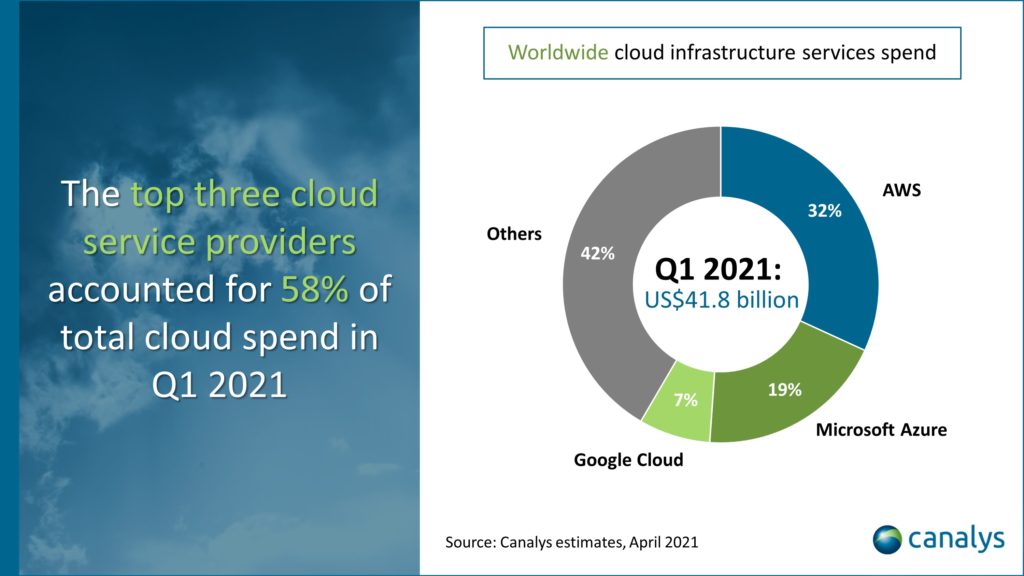
Amazon Web Services
| Pros | Cons |
| High levels of scalability that helps you to add a large number of users consequently. | Comparatively fewer options for hybrid cloud. |
| Cover a wide range of services from networking to robotics. | Need a formal agreement for the enterprise agreement. |
| Possess more computing capacity as compared to MS Azure and GCP. | A dev/Enterprise support is not included in the initial package but you can buy separately. |
| Considered as a quality standard in cloud security as well as reliability. | |
| Comply with many other industry standards such as ISO< HIPPA, 27001, SOC, and more. |
Microsoft Azure
| Pros | Cons |
| MS Azure is user-friendly and has a simple and easy set- | Data transfer charges may be high. |
| Second, easy integration into the MS ecosystem; | Have fewer services as compared to Amazon Web Services. |
| Suits all companies whatever the size of the business is. | Data collection and transfer require deliberate investigation of local regulations. |
| Great support for cloud storage strategies. | |
| MS Azure bills round up per minute. | |
| Moreover, tech support is available on a fixed price model. |
Google Cloud Platform
| Pros | Cons |
| High levels of scalability that helps you to add a large number of users consequently. | Comparatively fewer options for hybrid cloud. |
| Cover a wide range of services from networking to robotics. | Need a formal agreement for the enterprise agreement. |
| Possess more computing capacity as compared to MS Azure and GCP. | A dev/Enterprise support is not included in the initial package, you can buy separately. |
| Considered as a quality standard in cloud security and reliability. | |
| Comply with many other industry standards such as ISO< HIPPA, 27001, SOC, and more. |
Common services
Amazon Web Services and MS Azure have the biggest service catalogs by offering more than 200+ cloud services. Similarly, Google Cloud Platform currently offers around 100+ cloud services. Here is a general breakdown of services is:
- As a matter of fact, Amazon Web Services has the largest catalog of services.
- Likewise MS Azure is a close second with the finest set of AI, ML, and analytics services.
- Google Cloud Platform is equally important and stands at third place for the number of services offered.
In this section, let’s have a look at the common services, these three cloud service providers are offering.
Compute Services
| SERVICE | AWS | AZURE | GCP |
|---|---|---|---|
| VM (Compute Instance) | EC2 (Elastic Compute) | Azure Virtual Machine | Google Compute Engine |
| PaaS | AWS Elastic Beanstalk | App Service | Google App Engine |
| Container | AWS Elastic Container/Kubernetes Service | Azure Kubernetes Service (AKS) | Google Kubernetes Engine |
| Serverless Functions | AWS Lambda | Azure Function | Google Cloud Functions |
Database & Storage Services
| SERVICE | AWS | AZURE | GCP |
|---|---|---|---|
| RDBMS (Multiple Database Types – SQL, MySQL, etc..) | AWS RDS | Azure SQL/ Database for MySQL/PostgreSQL | Cloud SQL |
| NoSQL | DynamoDB, Simple DB | Azure Cosmos DB, Table Storage | BigTable, Cloud Datastore |
| Object Storage | S3 (Simple Storage Service) | Blob Storage | Google Cloud Storage |
| File Storage | Elastic File System | Azure File Storage | Google Filestore |
| Archive Storage | Amazon Glacier | Azure Archive Storage | Google Storage (Archive Storage) |
| Data Warehouse/Data Lake | Amazon Redshift | Azure Synapse Analytics | Google BigQuery |
Networking
| SERVICE | AWS | AZURE | GCP |
|---|---|---|---|
| Virtual Network | Virtual Private Cloud (VPC) | Vnet (Virtual Network) | Virtual Private Cloud (VPC) |
| Load Balancing | Elastic Load Balancer | Azure Load Balancer | Google Cloud Load Balancing |
| Firewall | AWS Firewall / Web Application Firewall | Azure Firewall | Google Cloud firewalls |
| DNS | Route 53 | Azure DNS | Google Cloud DNS |
| CDN | Amazon CloudFront | Azure Content Delivery Network (CDN) | Cloud CDN |
Specialized services
We observe some noticeable differences in the services available with Amazon Web Services and MS Azure far surpassing Google Cloud Platform when it comes to specialized services.
| SERVICE | AWS | AZURE | GCP |
|---|---|---|---|
| DevOps | CodePipeline, CodeBuild, CodeDeploy, CodeStar | Azure Boards, Pipelines, Repos, Test Plans, Artifacts | GCP DevOps
CloudBuild, Artifact Registry |
| AI & ML | Amazon SageMaker, Amazon Comprehend, Amazon Lex, Amazon Polly | Azure Machine Learning, Azure Databricks, Azure Cognitive Search, Azure Bot Service, Cognitive Services | Vertex AI, AutoML, Dataflow CX, Cloud Vision, as well as Virtual Agents |
| IoT | FreeRTOS, IoT Core, Greengrass, IoT Analytics, SiteWise | Azure IoT Hub/Central, IoT Edge, Azure Sphere, Azure RTOS | Google Cloud IoT Core |
| AR & VR | Amazon Sumerian | Azure Mixed Reality (Spatial Anchors/Remote Rendering) | ARCore |
| Game Development | Amazon GameLift | Azure PlayFab | |
| Business Analytics | Amazon Quicksight | Azure Power BI | Looker |
| End-User Computing | Amazon Workspaces | Azure Virtual Desktop | |
| Robotics | AWS RoboMaker |
These are some of the specialized services offered by AWS, MS Azure, and GCP —AWS users may even dabble with quantum computing using Amazon Bracket!
Conclusion:
As a result, Amazon Web Services stands as a current leader in the market of cloud computing in terms of services and capacity. Meanwhile, MS Azure and Google Cloud Platform are also rapidly growing to compete for AWS. Microsoft is powerful in terms of the enterprise while Google is continuously enhancing by offering great integrations that have open-source projects and third-party services.
If you have any queries regarding Cloud services, contact us anytime to get your answers.
Related articles: Cloud ERP System, Cloud Application Development

